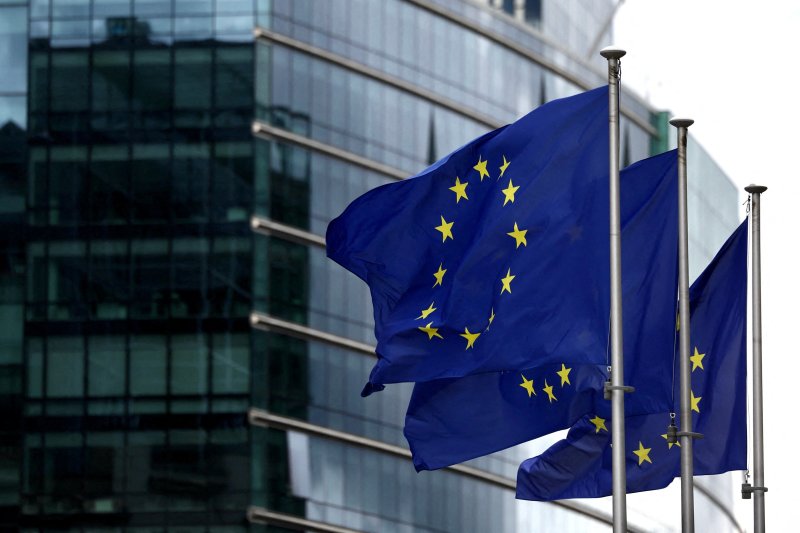New EU Scheme Could Hike Petrol, Gas Prices
The EU’s new carbon pricing scheme for road and heating fuels (ETS2) – set to be introduced across the bloc in 2027 – could lead to higher price hikes than initially thought, key lawmakers told Euractiv.
As of 2027, the EU will start pricing CO2 emissions from buildings and road transport, with a new carbon pricing scheme, known as the Emissions Trading System 2 (ETS2).
When the system was agreed upon in 2023, EU lawmakers promised that prices would remain below Euro 45 per tonne of CO2, meaning a price surcharge of about 10 cents per liter of diesel or petrol.
Peter Liese (CDU/EPP), who was the European Parliament’s chief negotiator on the file, told Euractiv he was “a little more pessimistic now” that the EUR 45 limit could be kept, “because we are experiencing setbacks in terms of both mobility and buildings.”
Since the ETS2 is market-based, if Europe is less successful at phasing out its reliance on CO2-intensive energy sources, demand for CO2 emission certificates will rise and the price of carbon will jump accordingly. However, Liese added that “it is our joint task to avoid this scenario”.
Emissions from buildings, mostly caused by heating systems, and road transport, mostly caused by cars and lorries, are currently falling slower than the European Commission forecast.
Meanwhile, additional laws to reduce emissions in those sectors – such as the EU buildings directive or a German law to ban new gas and oil boilers (heating law) – have been watered down substantially, or will only take full effect at a later stage, such as the de facto phase-out of internal combustion engines by 2035.
These developments could lead to higher demand for emission allowances in 2027, and therefore to a higher carbon price. The situation in his native Germany particularly concerns Liese: “Last spring, a lot of people were still determined to install climate-neutral heating systems,” he said, adding “The debate about the heating law has caused a setback”.
2023 saw Germans install 790,000 new gas boilers – more than in any of the previous 20 years. Many say this surge was due to an eleventh-hour panic, in which homeowners raced to install new gas boilers before they were banned by the upcoming rules.
On transport emissions, falling sales of electric vehicles (12.2% of all new vehicles in April 2024, versus 14.7% in April 2023) is being noted.
Germany’s failure to reach its climate targets in these two sectors means that “pressure on certificates is then greater and prices are rising” according to Liese.
Other lawmakers share the concern that prices will exceed Euro 45. “Euro 45 is not a hard limit in the current design, but rather a very soft brake,” Tiemo Wölken, German MEP and coordinator on environmental policy for the center-left S&D group told Euractiv.
“Current studies […] assume that the price could rise towards €200 per tonne,” he said, pointing to research by German think-tank Agora Energiewende.













